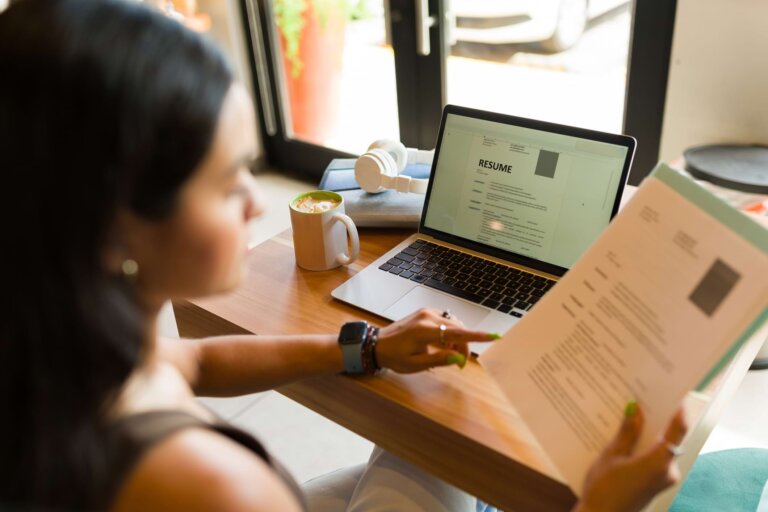This is a series of habits we should all have already adopted, to regularly clear the memory of our computers and smartphones. In addition to extending the lifespan of these devices, digital cleanups reduce the carbon footprint of this sector. As a reminder, digital technology now accounts for about 4% of global greenhouse gas emissions.

What is the carbon impact of digital technology?
According to date from the Shift Project, the digital sector is responsible for 3% to 4% of global greenhouse gas emissions (GHG). More importantly, digital GHG emissions are set to increase by 8% annually.
This sector is also responsible for the consumption of resources, such as rare earths and other minerals used in the manufacture of devices, soil artificialisation owing to rare-earth ore mining and water consumption for cooling systems.
Digital cleanup: best practices to reduce your carbon footprint
1. Clean your mailbox
The first good habit to adopt is to regularly clean your mailbox. Due to the fact that emails are paperless, we do not always realise they have an impact on the environment, however the impact that is very real. Sending emails involves all network infrastructure (internet boxes, cables, servers, storage units, etc.) and results in colossal energy consumption.
You can take several steps to reduce the carbon impact of your mailbox. The first step is to clean your mailbox. Software such as Cleanfox, for example, sorts through the newsletters you receive and suggests automatically unsubscribing from those you never read. Only one newsletter in 10 is opened, but every one of them generates 10 grams of CO2.
Another good habit is to regularly delete your oldest emails. If you are worried about losing valuable information, you can also archive them. They will not be deleted and will remain indexed; you can find them with a search.
Finally, consider limiting the number of attachments you send and compressing files that can be compressed to reduce their size.
2. Clean your computer and your smartphone
Freeing up memory on your computer and smartphone is also a best practice to protect the environment.
For your smartphone:
- Sort through your applications and delete those you never use. Most applications still consume mobile data, even if you don’t use them.
- Delete bad photos and videos, as there is usually a copy of them in a cloud server.
Your computer:
- Delete as many unnecessary files as possible and eliminate duplicates.
- Also, try to back up your files locally and only back up your most important files to the cloud.
- Also remember to clear your browser’s cache.
3. Digital sobriety, good for the environment and saves money
Here are some tips from ARCEP (France’s electronic communications and postal regulatory authority) on how to reduce digital GHG emissions:
- To connect to the internet, choose wifi over a mobile network and fibre optics over ADSL.
- Turning off your internet box at night, downloading videos via wifi to watch them later offline or watching videos in reduced quality are all best digital practices to adopt.
- 70% of the digital sector’s carbon footprint is generated by manufacturing devices. This is why it is a good idea to keep computers and smartphones as long as possible, buy reconditioned products and recycle your old telephones.



